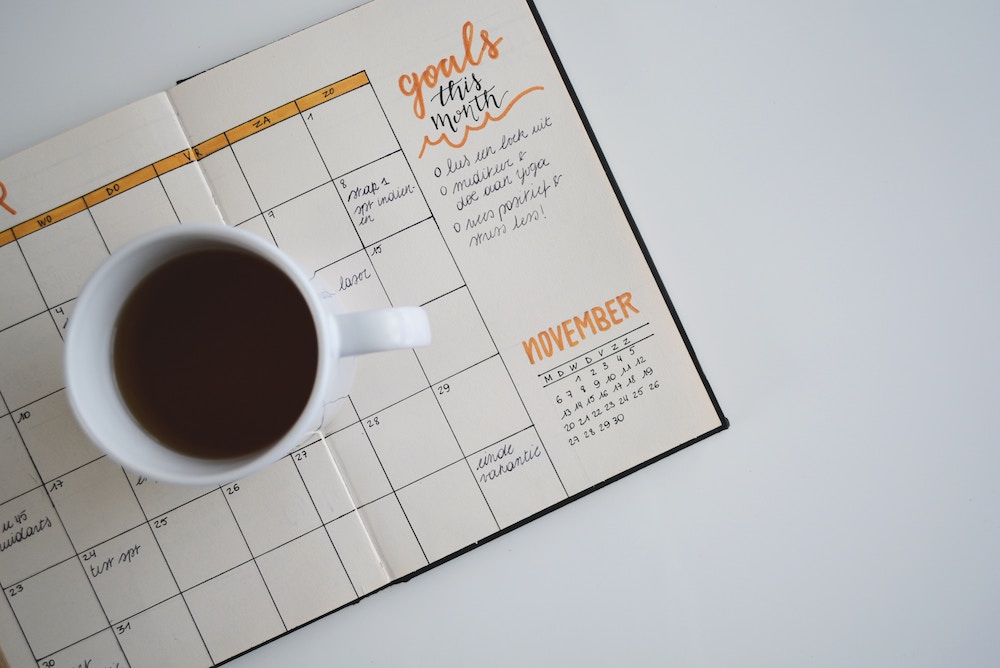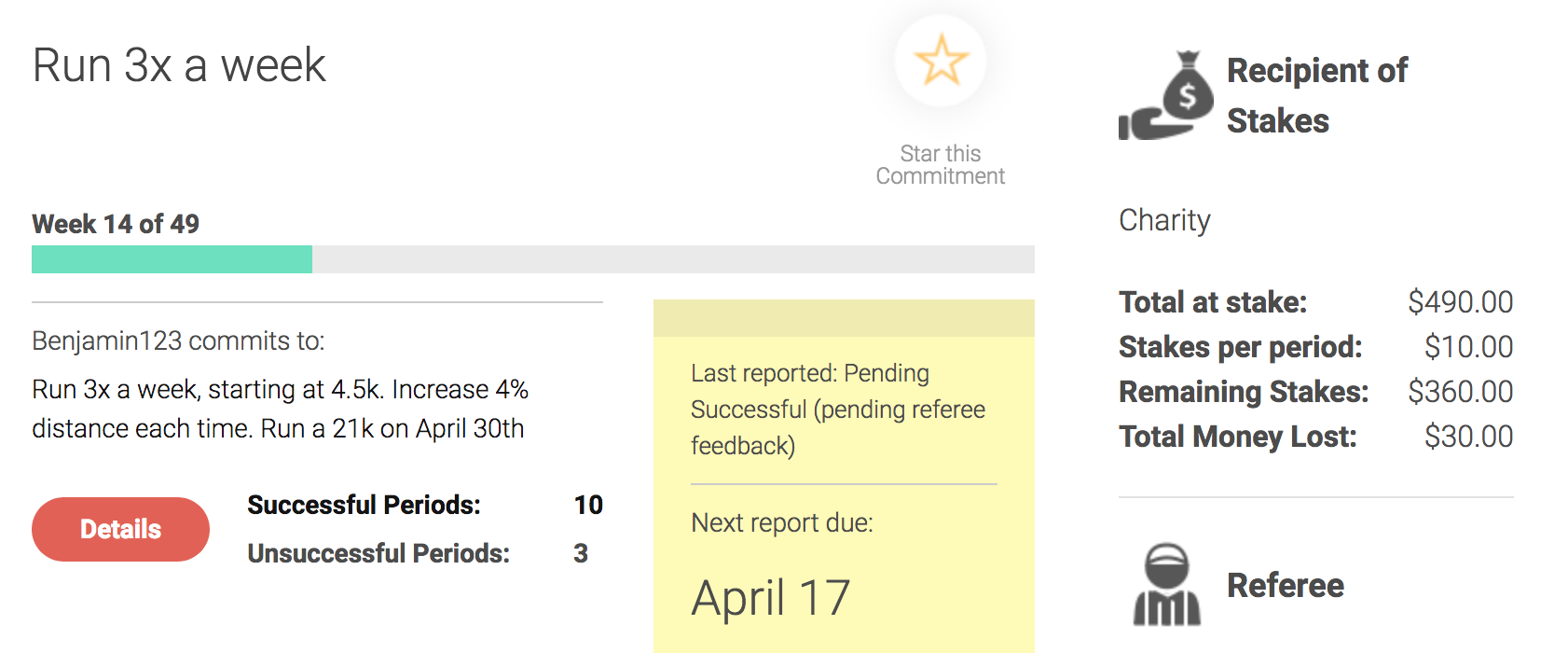Do you have trouble sticking to your goals? Does your to-do list get longer instead of shorter? Is a New Year’s resolution still hanging over your head? Do your goals get pushed to the next year, year after year?
You’re not alone.
The good news is there are strategies that help the human brain stay motivated. Each of the following strategies is proven to help you stick to and reach your goals.
1. Break Down Goals
2. Share Goals for Accountability
3. Make Goals Habits
4. Celebrate Success
1. Break Down Goals
Setting goals that are giant and exciting can be a great motivator. That being said, it’s tough to visualize far-off or hard-to-reach goals; especially when you have to endure day after day or month after month of not reaching it.
Ryder Carroll, the creator of the Bullet Journal method, says: “Breaking down long-term goals into smaller, self-contained goals can turn what seems like a marathon into a series of Sprints. Sprints cover the same ground, just in shorter, more manageable intervals.”
Breaking down big, daunting goals into smaller goals that are more attainable helps because it’s easier to stick with a goal you can see.
Losing 15 pounds this year might look like:
- Lose 2 pounds.
- Lose 5 additional pounds before spring.
- Lose 10 pounds total before summer begins.
Running a Marathon might start with
- Run 2 km this week.
- Run 5km next week.
- And so on.
By dividing your big goal into several small goals or milestones, you grant yourself many opportunities to feel accomplished. Noting small goals along the way raises dopamine levels in your brain too, which is a great motivator to keep you moving towards your larger goal.
Spread out milestones over of the course of the year, so that big goals don’t feel as overwhelming, and so you can celebrate small successes along the way (more on celebrations below!) 🎉
3. Make Goals Habits
When we think about habits, we often focus on the bad, but when used for good they are a super effective way to reach your goals.
Think about how hard it is to break a bad habit. Have you ever tried to quit smoking? Have you ever tried to stop biting your nails?
MIT scientist Ann Graybiel says “Habits never really disappear. They’re encoded into the structures of our brain, and that’s a huge advantage for us, because it would be awful if we had to relearn how to drive after every vacation.”
What we hate about bad habits is a power that can be used for good.
When you’re setting a new goal, or reconsidering one you’ve had for a long time, think of how you might reframe it into a habit. What habits will help you reach your goal?
If you want to lose 10 pounds, you might consider forming these habits:
- Drink 8 glasses of water every day.
- Don’t eat any food after 9pm on weekdays.
- Go for a walk every day, even if it’s just for a few minutes.
If you want to write a book, you might consider forming these habits:
- Write for 30 minutes every day.
- Journal every morning before you begin your day.
- Read for 30 minutes every day or before you go to bed each night.
Give yourself time to form these habits. A study on habits found “on average, it takes more than 2 months before a new behavior becomes automatic...”
💡 More about habits and routines in How to Establish and Stick to a Morning Routine.
4. Celebrate Success
Bill Carmody, founder and CEO of Trepoint, says “the act of celebrating changes your physiology and strengthens your psychology.”
Celebrating an accomplishment releases happy chemicals like dopamine and endorphins in our brain.
When you skip celebrating, you deny your body those happy chemicals. You are training your body to feel neutral. Remaining neutral about success can cause a lack of motivation as time goes by.
Be open with yourself about when you will celebrate success. Don’t be afraid to make it often (just make sure the reward matches the accomplishment.) You can write your rewards and celebrations down with your goals so you can see what you have to look forward to.
- When I write 10,000 words, I will buy myself a new book.
- When I can run 8 miles, I will treat myself to ice cream.
- When I lose 5 pounds, I will go out to my favorite restaurant.
If we do not take time to celebrate and reflect on our accomplishments, they will fade into the background. Plus, it makes the whole goal setting journey a little more fun.
Keep Your Focus
Continue your crusade for healthy habits on and offline.
🖥 How to Overcome and Combat Too Much Screen Time
💻 8 of the Best Productivity Apps Designed Specifically for Mac




